Trump Muslim ban contrary to US Constitution: Analyst
While US President Donald Trump has revised his executive order to ban people from six mainly Muslim countries instead of his initial order for seven nations, several states have started to file lawsuits against such a move.
“From the constitutional standpoint, it’s forbidden for the United States’ president [and] executive branch to ban a particular religion to come to the United States,” says Roozbeh Aliabadi, managing partner of the Global Growth Advisors from Pittsburgh, Pennsylvania.
A day after Trump signed the new executive order on March 6, attorneys for Hawaii filed their proposed revision in federal court, along with a motion asking that it be allowed to proceed. Attorney generals in the states of New York, Massachusetts and Oregon said they had taken steps to join the lawsuit.
Read More:
In the United States, the “president has broad power in terms of enforcing immigrations and he can go ahead” with his policies but “the matter is the constitutional aspect” of the new executive order, because it is the same Muslim ban, Aliabadi told Press TV on Friday.
According to the analyst, “constitutionally the president is going to be losing” the case in judicial procedures.
The new order maintains a 90-day ban on travel to the US by citizens of Iran, Syria, Libya, Yemen, Somalia and Sudan, but excludes Iraq and applies the restriction only to new visa applicants. It also removed an indefinite ban on Syrian refugees.

US attorney generals like Bob Ferguson are opposing the second travel ban, because they believe, “by excluding Iraq and removing the indefinite ban on Syrian refugees and excluding permanent residents, you have not changed the nature of this (first executive order), he noted.
“This is politics in play” because even though the first travel ban to the US was very chaotic but the new executive order by the Trump administration has only some minor changes and the authorities have tried to “put lipstick on the pig” even though it is still the same discriminatory ban on Muslim nations, Aliabadi concluded.
VIDEO | Trump's Gaza 'peace plan' dismissed as 'one-sided and unworkable'
Sheikh Qassem: Hezbollah foiled objectives of enemy’s aggression
VIDEO | Transatlantic rift at Munich Security Conference
‘Textbook definition of terrorism’: Tehran denounces Pelosi’s call on US to exact ‘pain’ on Iranians
VIDEO | 39th AU summit opens in Addis Ababa with focus on water security, peace, and development
VIDEO | Iran: The stronghold Washington lost
Anti-Iran ‘Munich circus’ shows Europe has lost geopolitical weight: Araghchi
Swiss to act as venue of next round of Iran-US talks: Report








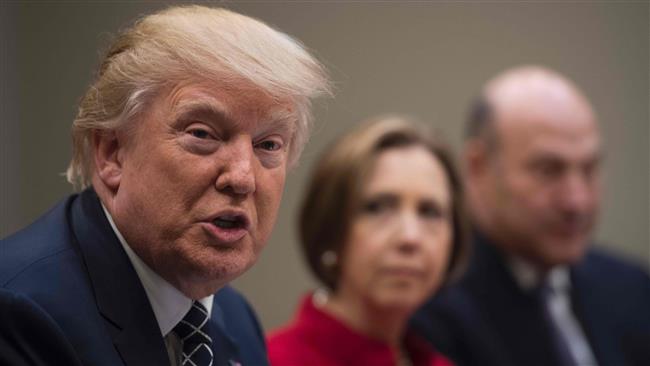
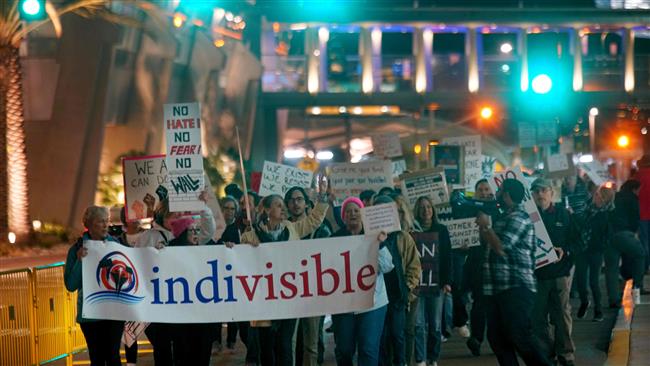
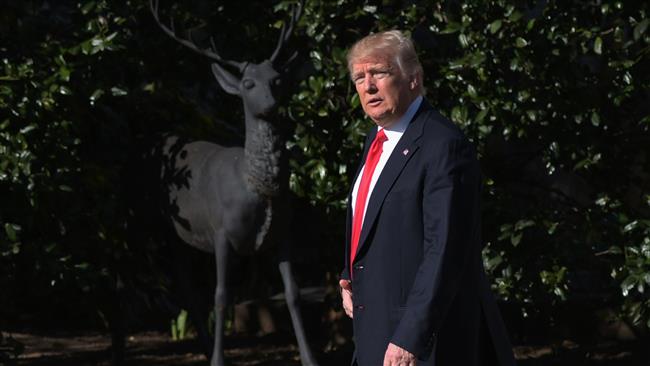
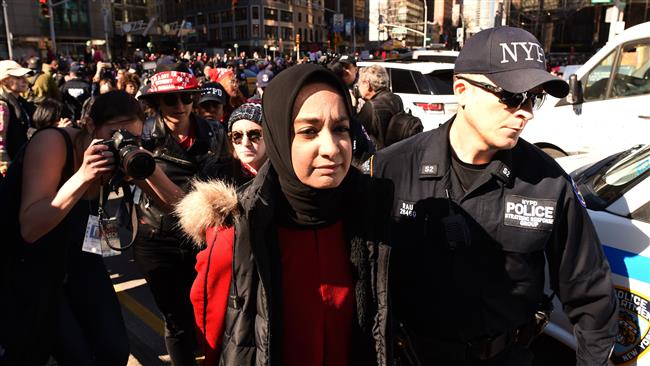
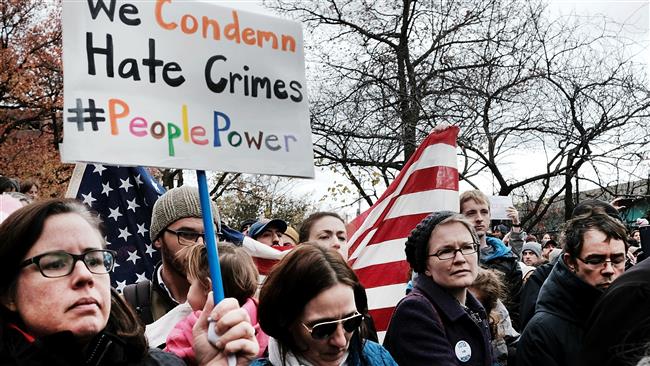

 This makes it easy to access the Press TV website
This makes it easy to access the Press TV website